By 2030, the green transition will create 8.4 million new jobs for young people. To be able to take control of their future and contribute to Vietnam’s green and sustainable economy , young people need to be equipped with green skills.
Understanding green skillsGreen skills are practical tools and knowledge that enable us to harness the power of environmentally friendly technologies, and make environmentally conscious decisions in both our professional and personal lives.
As the world embarks on a journey towards a more sustainable future, green skills become the compass that guides us through the uncharted waters of a rapidly changing world.
Youth Union members plant trees in Lam Dong . (Photo: Central Youth Union)
As Vietnam strives towards a just energy transition and a net-zero emissions future, it is important to transform the workforce to promote a green and low-carbon economy, said UNDP Resident Representative Ramla Khalidi.
Vietnamese youth need to be well-prepared and equipped with green knowledge, skills and competencies to join this workforce; at the same time, seize new opportunities to cultivate green jobs and skills of the future. This is not simply an investment in the potential of young people, but also a commitment towards a sustainable world.
Ms. Nguyen Ngoc Duyen, an expert from the International Labor Organization (ILO) in Vietnam, said that when it comes to green jobs, many young people often think of jobs in renewable energy, engineering, environmental management, and waste management.
However, green transformation is a must even for traditional industries. In the textile industry, for example, greening involves switching from toxic chemicals to more environmentally friendly ones.
Green jobs are not only about production processes that meet environmental protection standards, they are also about satisfying jobs where workers have good incomes, higher productivity, social security and gender equality.
What do young people need to do to have green skills?UN experts predict that at present, Vietnam is not meeting the growing demand for green skills. By 2030, 60% of young people may lack the skills needed to thrive in a green economy.
“We must address this disparity and ensure that everyone has equal access to green skills,” said Pauline Tamesis, United Nations Resident Coordinator in Viet Nam.
Young people participate in collecting trash and cleaning up in Ho Chi Minh City. (Photo: Central Youth Union)
To be more proactive in equipping and mastering green skills, Ms. Ho Ha My, an officer of the Live & Learn Youth Program, believes that young people should learn about the connection between green skills and their current jobs in order to promptly change and meet future requirements.
The two young founders of Coffuel - a startup that recycles coffee grounds into biomass pellets - believe that young Vietnamese people need to learn about the job market and the green transition requirements in industries.
In addition, the current transportation process in the supply chain is creating a lot of emissions, so young people need to focus on finding solutions to improve this area.
Miss Intercontinental 2022 Le Nguyen Bao Ngoc recommends that young people should learn the skills of making Environmental, Social and Governance (ESG) reports because this is the type of report that all businesses will use in the future.
In the context of climate change, the world is entering the transition to a green economy, many new opportunities will open up, meaning that Vietnamese youth need to be equipped with skills to meet the requirements of this era. This becomes even more urgent after Vietnam set a net zero target by 2050 and is facing the opportunity from the Just Energy Transition Partnership (JETP) statement from the G7 group of countries.
Ngoc Chau


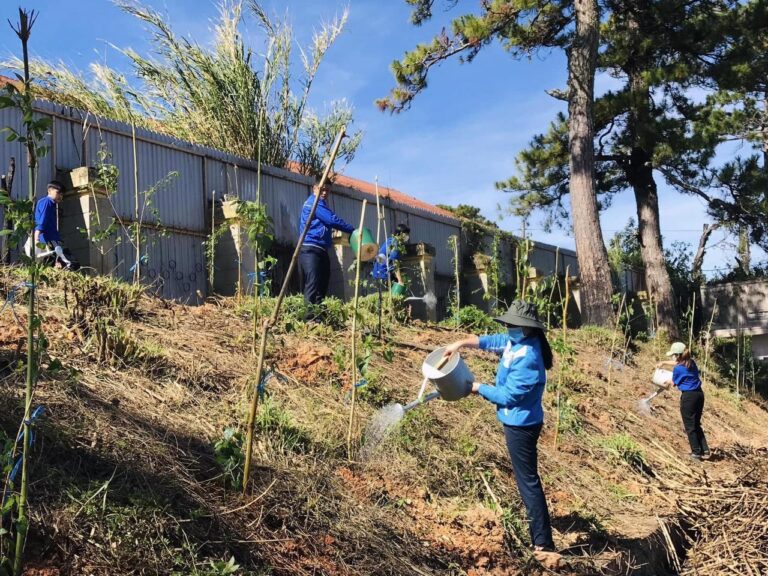
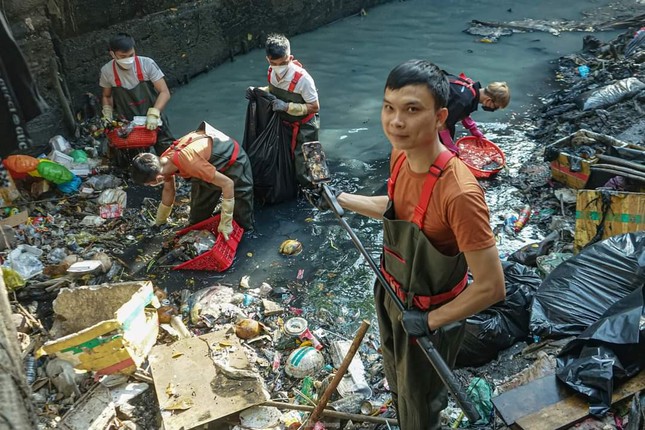

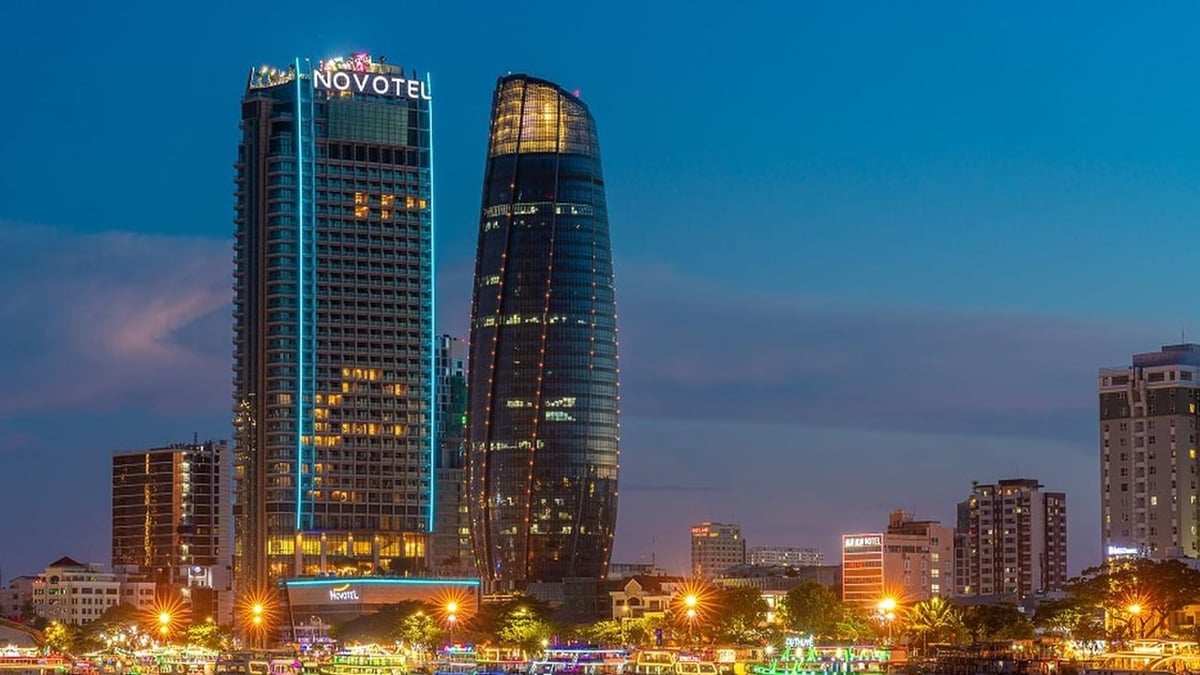

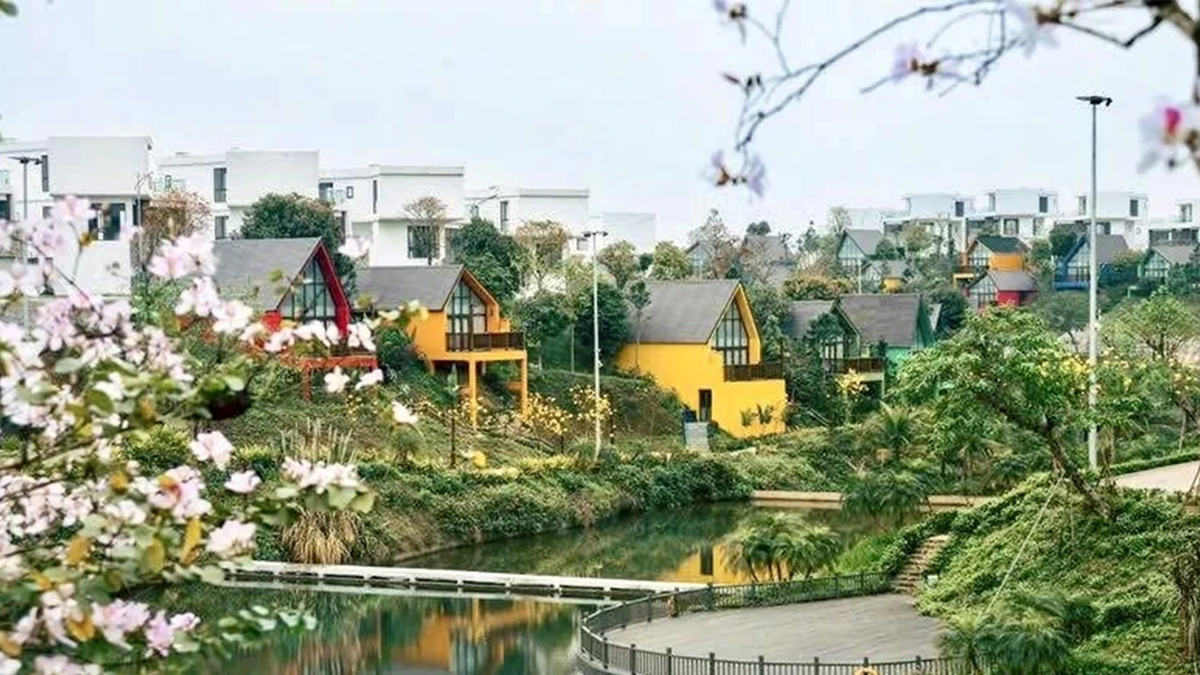

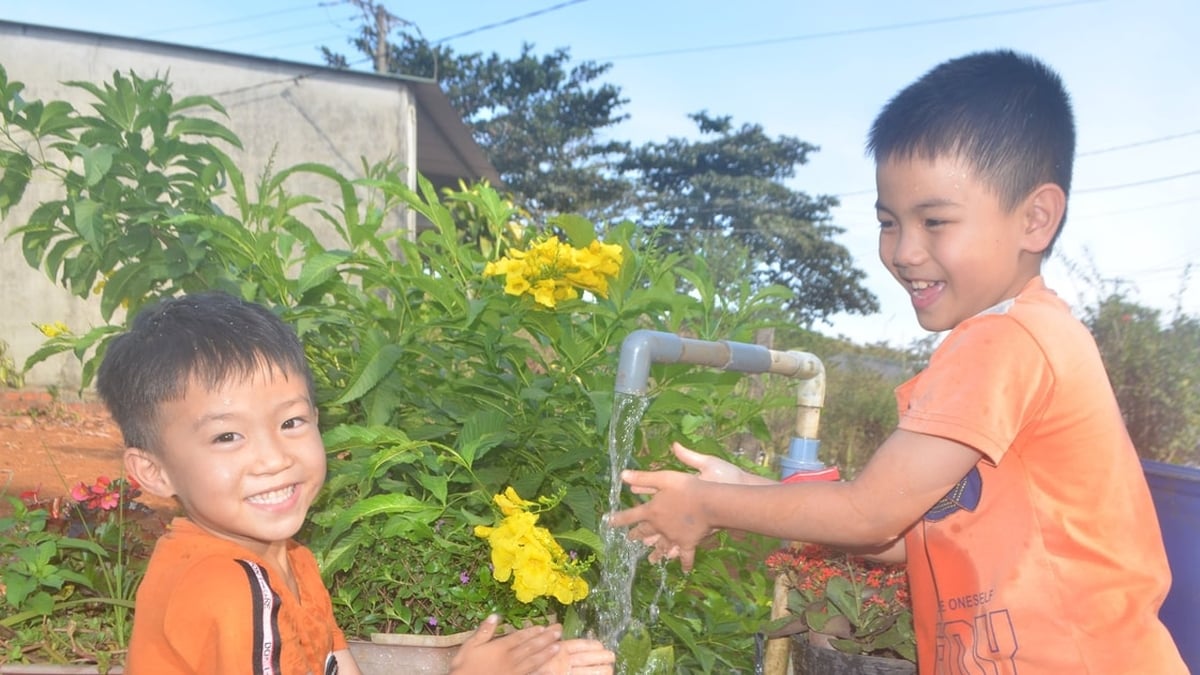
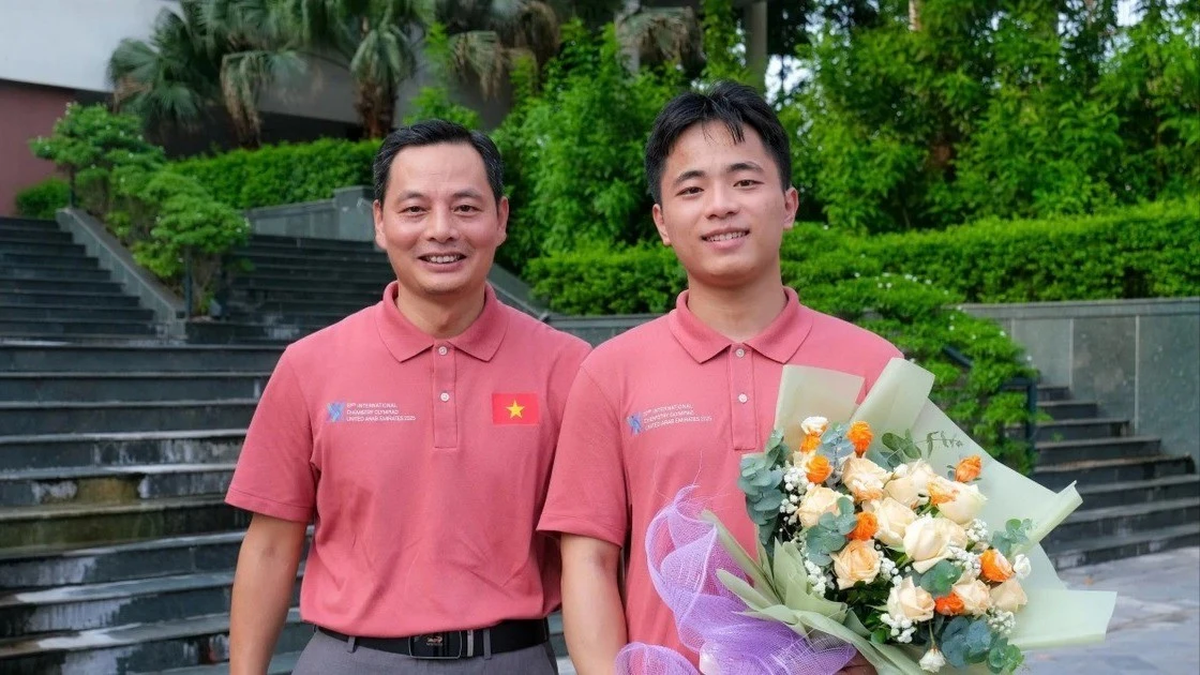
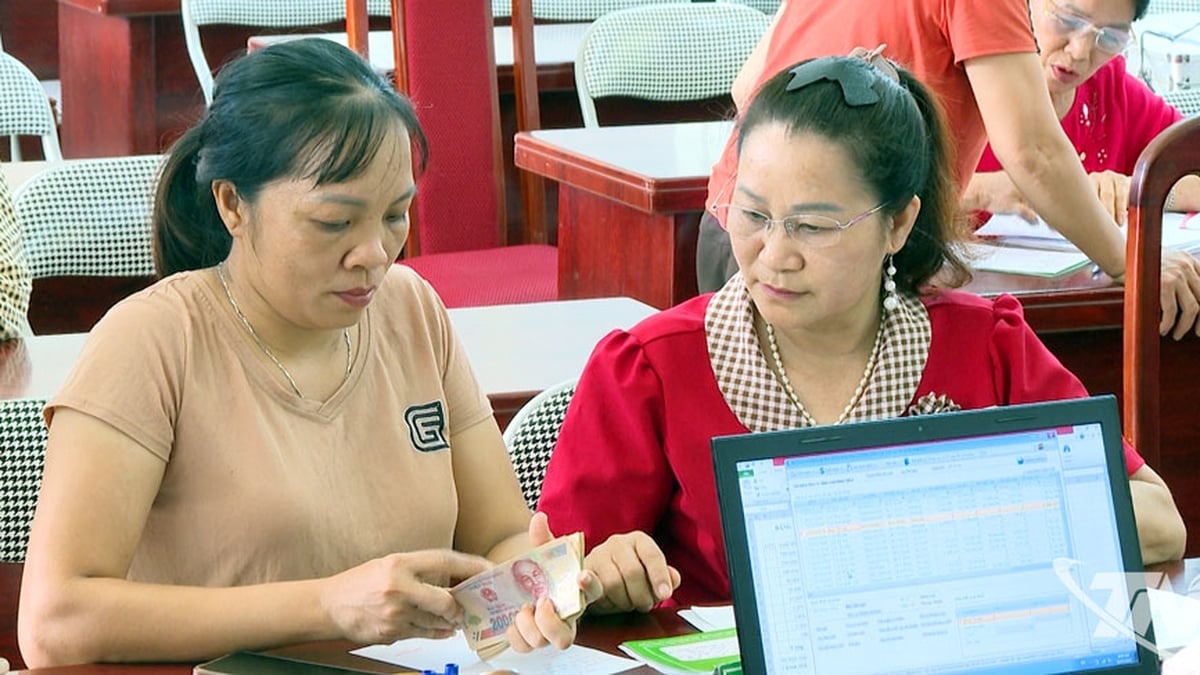

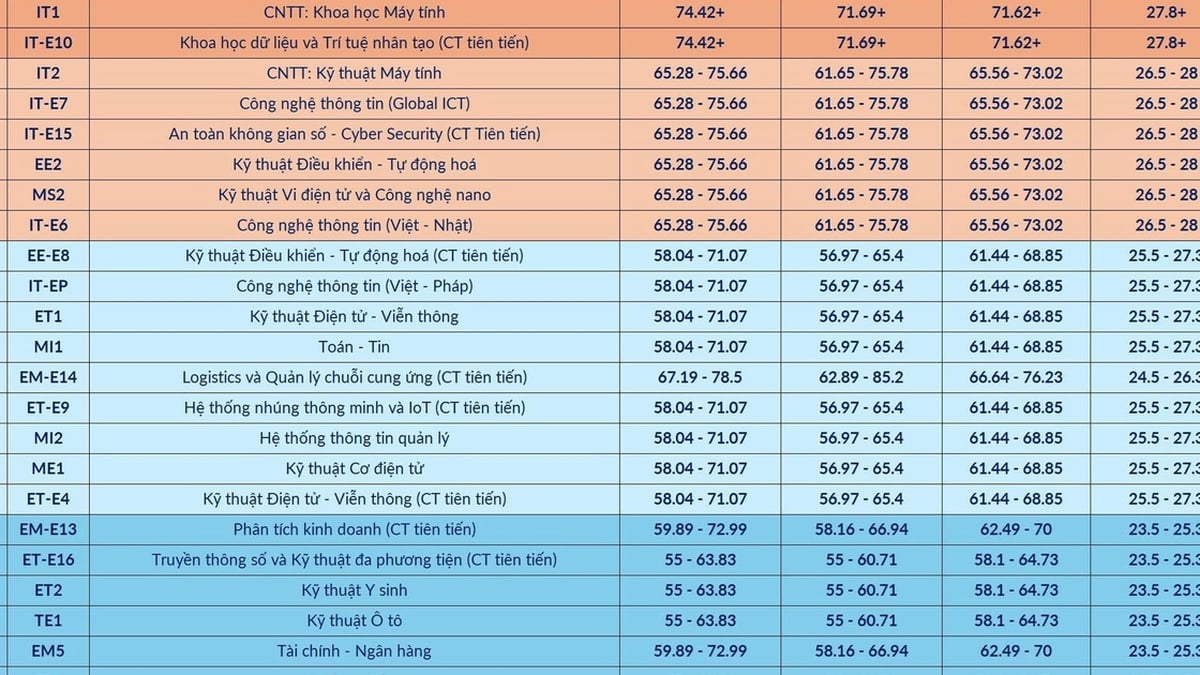













































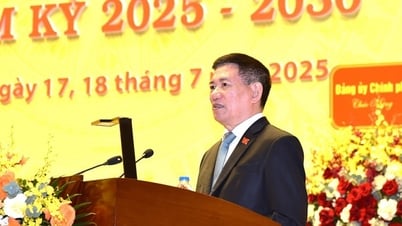







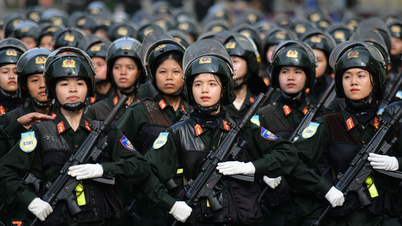







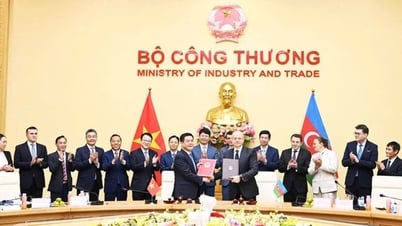












![[Infographic] In 2025, 47 products will achieve national OCOP](https://vphoto.vietnam.vn/thumb/402x226/vietnam/resource/IMAGE/2025/7/16/5d672398b0744db3ab920e05db8e5b7d)














Comment (0)